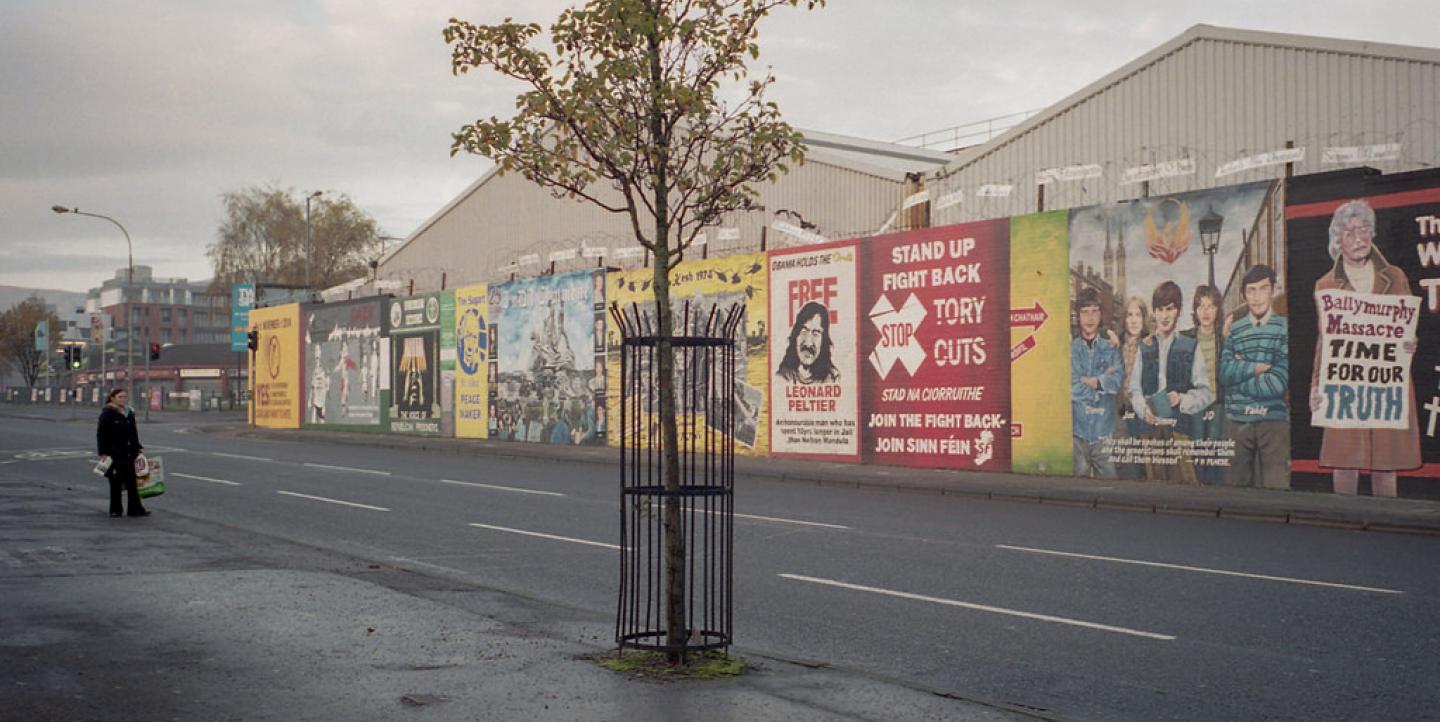Nearly two decades have passed since the Good Friday Agreement, which ended the worst of the sectarian conflict that tore Northern Ireland apart for much of the 20th century. Yet barriers both physical and intangible still divide Northern Irish society in a number of ways, and full reconciliation has yet to be achieved.
These sectarian divisions exist within Northern Irish news media, as well, with the Protestant community traditionally getting their news from The Belfast Telegraph and The News Letter, while Catholic readers are more likely to read The Irish News.
FactCheckNI, an independent fact-checking site launched on April 7 by the Northern Ireland Foundation and Transformative Connections, hopes to bridge such fractures and reduce tensions by fact-checking Northern Irish politicians and media in a nonpartisan manner, according to a recent Poynter article.
And when all it takes is a misleading meme of a flag being raised or burned to stoke violence in some communities, FactCheckNI considers its work to be especially important, said Enda Young, co-founder.
“We’ve all seen the suspicious photo meme on Facebook, but people don’t realize how this can be used maliciously to provoke violence on our streets,” he told Poynter.
FactCheckNI's five-person team focuses on four topics: peace, crime, the economy and Europe. To build trust with readers, FactCheckNI shows when its fact-checkers make a correction on a piece. All corrections are marked with a red triangle at the top of the fact check, and readers can click this triangle to access the original version. Young will also offer interactive fact-checking trainings across the province to help residents and journalists alike become more discerning media consumers.
For one of its first fact checks, FactCheckNI tested a rumor that a growing number of Northern Irish residents want peace walls to stay up. These walls — which kept neighboring Protestant and Catholic communities from breaking out into conflict in more troubled times — can mainly be seen in Belfast and Derry, most notably between Belfast’s Shankill Ward (85 percent Protestant, according to the 2011 census) and Falls Ward (88 percent Catholic).
Do more residents want peace walls to stay? Claim checked by @FactCheckNIhttps://t.co/2oxJk0p94E @NI_CRC
— Paul Braithwaite (@Paul_BCT) 8 April 2016
FactCheckNI tested the rumor’s veracity, and discovered that support for taking down the peace walls has indeed waned among residents.
“...The most recent study (from 2015) in documenting that 49 percent wanted the barriers taken down, appears to evidence that support for the barriers being removed is actually weakening,” FactCheckNI's research found.
The reason? Residents of both Protestant and Catholic communities increasingly feel that “the climate of community relations, and ultimately the sense of safety, has deteriorated among residents over the previous three years alone,” the site wrote.
While FactCheckNI didn’t necessarily disprove the peace wall rumor, it helped bring an objectivity to the issue that traditional Northern Irish media likely couldn’t have achieved. In doing so, the site brought facts and clarity to a society that is, in some ways, still stubbornly plagued with an “us” versus “them” mentality.
It sets an example that could potentially be replicated in other post-conflict countries.
“What makes fact-checking so appealing is its ability to counter a widespread preoccupation of a lack of objectivity in politics, in the hope that a public discourse grounded in facts will lead to better policies and a healthier polity,” Alexios Mantzarlis, head of the International Fact-Checking Network at the Poynter Institute, told TheJournal.ie.
This topic was originally reported by Alexios Mantzarlis of Poynter and Christine Bohan of TheJournal.ie.
Main image CC-licensed by Flickr via David Ramos.

